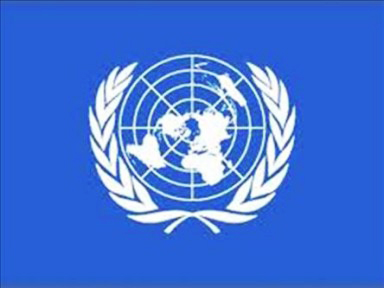Uzbekistan, Tashkent, Nov.1 / Trend, D.Azizov /
Uzbekistan pays great attention to scaled implantation of population program, in particular, strengthening of health and improving welfare of population, Under-Secretary-General of the United Nations and Executive Director of the United Nations Population Fund (UNFPA) Babatunde Osotimehin said following meeting held within his visit to Uzbekistan on Oct.30-31.
As National Information Agency of Uzbekistan reported, during the visit Osotimehin met with Deputy Prime Minister in charge of the social sector Adkham Ikramov, with whom he discussed state and prospects of cooperation between Uzbekistan and UN Population Fund.
At a meeting with Deputy Prime Minister and the Chairwoman of the Women's Committee Elmira Basitkhnova the sides exchanged views on improving exchange of experience and information in order to increase role and status of women in the society, development and implementation of joint projects.
During the talks with Uzbek Health Minister Anvar Alimov, Osotimehin discussed issues of strengthening reproductive health of population in the country, protection of maternity and childhood, upbringing of healthy generation and development of international cooperation in this direction. Osotimehin highly assessed the work in the country to protect maternity and childhood.
Osotimehin also visited the National Perinatal Centre at the outskirts of Tashkent, where he held talks on the development of cooperation.
The UNFPA has been supporting the government's efforts to improve the welfare of citizens since 1993. Under its third country programme (2010-2015), the UNFPA continues to focus on promoting reproductive health and rights, ensuring full implementation of women's and men's rights, opportunities, and responsibilities, and advancing national capacities to use population data for development programmes. The UNFPA has helped to strengthen healthcare policies and frameworks, provide essential equipment, and build the capacity of medical personnel. The latter has been achieved through training more than 10,000 healthcare providers on different aspects of reproductive health and rights.






